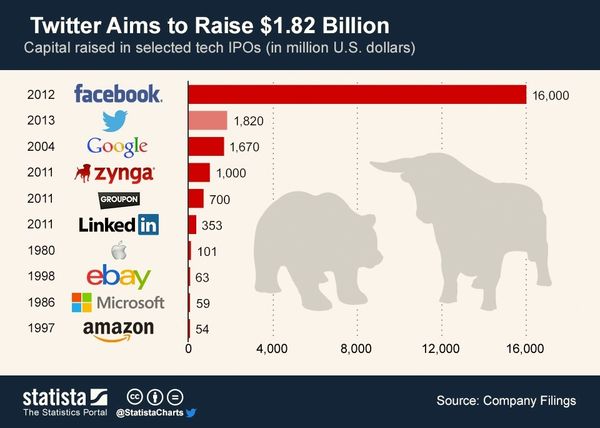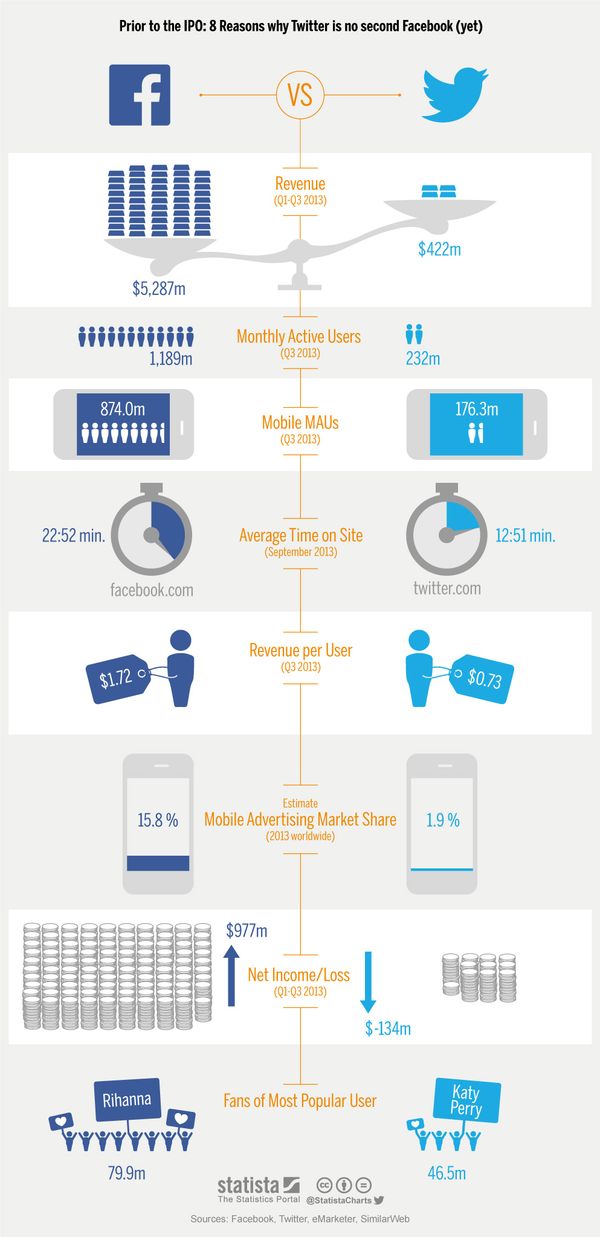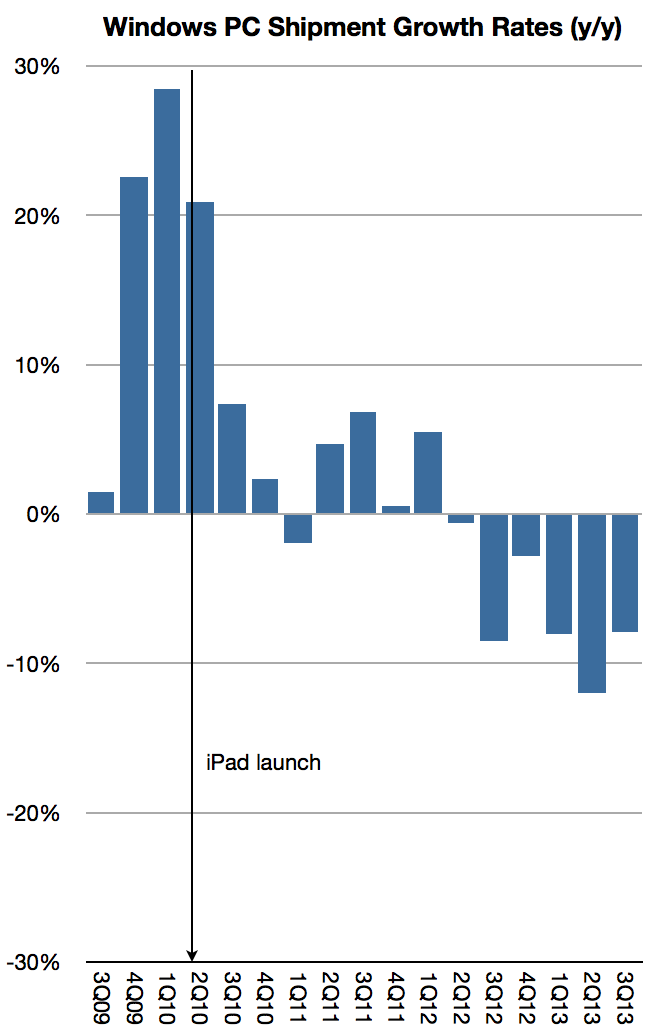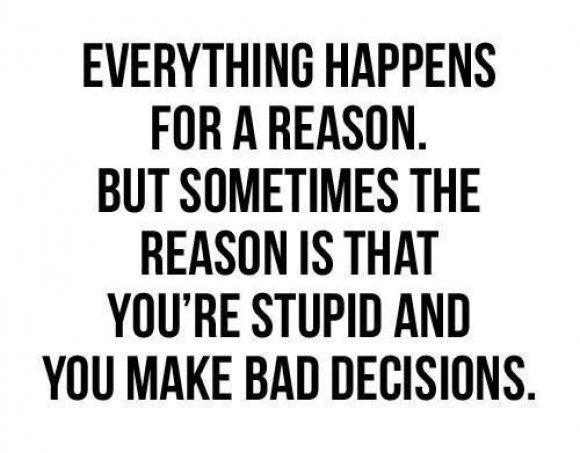Stores are becoming showrooms for consumers to find items to buy online.
Coming into Black Friday, a new version of the the increasingly popular game "Internet Destruction" is about to let consumers take another shot at destroying Retailing (like they have already done to newspapers, magazines, music and book publishing).
Here are some of the posts that caught my eye. Hope you find something interesting.
- The Last Thing We Want is Real Artificial Intelligence. (Harvard Business Review)
- Stephen Hawking Predicts Uploading the Brain into a Computer. (KurzweilAI)
- Why You Should Never Kiss a Pig. And other wisdom from a Nobel Prize-winner. (Mother Jones)
- 9 Philosophical Thought Experiments That Will Keep You Up at Night. (Io9)
- Gartner: Top 10 Strategic Technology Trends For 2014. (Forbes)
- Richest 1 Percent Hold 46 Percent Of The World's Wealth. (HuffingtonPost)
- Top 12 Wealthiest Countries. (ThinkAdvisor)
- PC Sales Fall to Lowest Level for Five Years. (Telegraph)
- The 10 Stealth Economic Trends That Rule the World Today. (The Atlantic)
- Faster Than a Speeding Bullet: Algorithmic trading is changing the way the stock market game is played. (TechDirt)

















